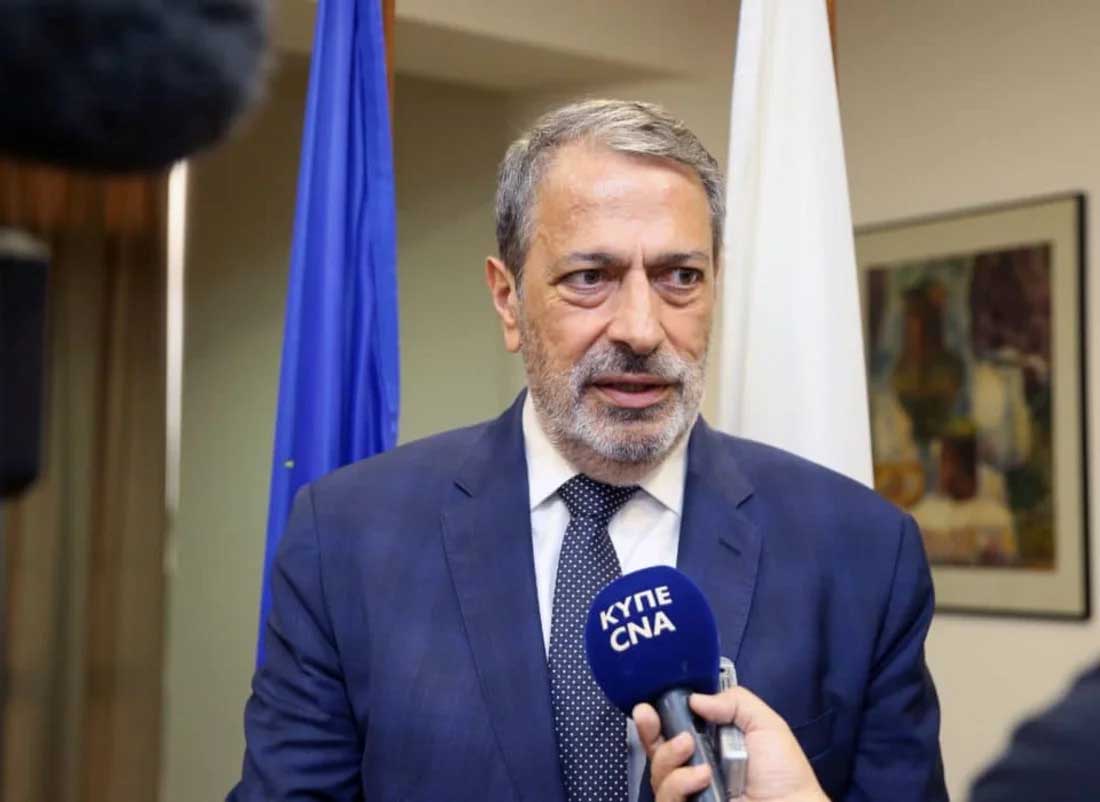Attorney-general George Savvides on Friday made public his objections to the government’s planned reforms to the legal service.
Attending a roundtable discussion at the University of Cyprus on the matter of the reform, he said the legal service had carried out “a huge amount of work to evaluate the bills” which were submitted to it on the matter last autumn.
As of Monday, he said, 38 bills “with explanatory statements” have now been returned to the justice ministry, with nine yet to be examined.
He said the high number of bills is due to “many laws and international conventions” which must be adhered to.
In addition, he expressed his own reservations regarding the bill, saying that “one should be concerned about the fact that I was not asked by the executive branch whether or not the reform should be carried out”.
He added that the reform is “a political decision” made by President Nikos Christodoulides and his government, and that in the process of creating the new legislation, his role “has been limited to the legal technical process that was carried out”.
This role, he said, “was eventually transformed into a legislative drafting role, since a lot of work was done on the bills in relation to the original texts” which had been sent to him by the government.
The government had said last year that the legal service’s modernisation will entail a separation of the attorney-general and deputy attorney-general’s powers by establishing two new roles: those of a director of public prosecutions (DPP) and a deputy.
The government outlined that the attorney-general will remain as the state’s legal adviser and the head of the legal service, while the DPP and their deputy will undertake the attorney-general’s current responsibilities relating to public prosecutions.
In addition, the legislation relating to the legal service includes a maximum term length for all four roles, which, the government says, has been written “in line with the recommendations of various European and international bodies,” including the European Commission, the Group of States against Corruption (Greco), and the Council of Europe.
These changes, they said, will require amendments to the constitution’s provisions regarding the attorney-general’s role.
Savvides concurred with this assessment on Friday, saying there are “serious constitutional issues” to be dealt with regarding the planned reforms, and explained that he had formed a committee of experts to assess this matter.
Additionally, he said there should be “serious reflection regarding the absence” of involvement from the Supreme Constitutional Court at the early stage of the bill’s creation, saying that if the reform is implemented without the court’s express approval, “serious constitutional issues” may arise.
“Imagine the difficult position in which we will find ourselves if the first complaint and prosecution filed by the DPP, an issue of constitutionality, is raised, and the Supreme Constitutional Court rules that what we did was wrong,” he said.
He said this matter “requires special attention” and that the Supreme Constitutional Court is “the only one competent to judge on the merits and the constitutionality” of the reform.
He also said he was “in complete disagreement” with the government’s characterisation of the attorney-general’s role as “the state’s legal adviser”, while also expressing reservations regarding the planned creation of term limits, saying that “such a thing would undermine the independence” of the attorney-general.
In addition, he said there should be “no illusion” that following the reform, future decisions made by future attorneys-general will be open to judicial review.
“We cannot create an open process of challenging the attorney-general’s decisions by their merits in the courts,” he said, adding that this would “clog the courts up and leave them unable to do anything”.






Click here to change your cookie preferences